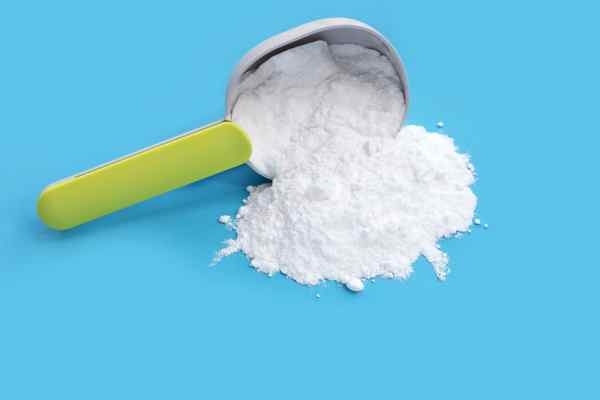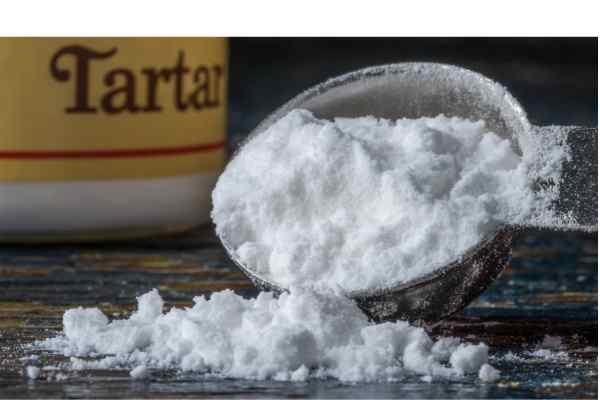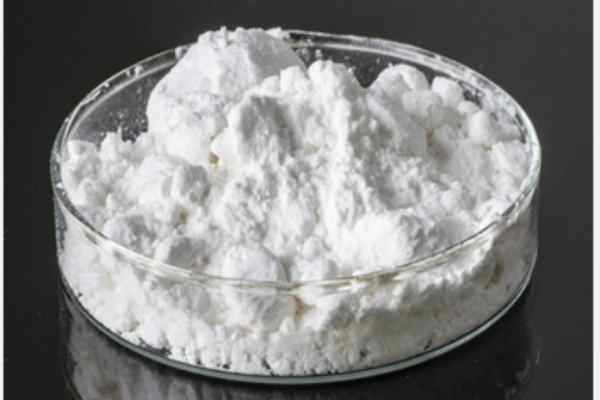Rust stains can be a real eyesore, especially on your pristine countertops. These stubborn marks not only mar the beauty of your kitchen but also hint at potential damage if left untreated. Fear not, for this blog post is dedicated to guiding you through effective methods to remove rust from countertop. Whether it’s a splash of orange on your favorite marble or a pesky spot on stainless steel, we’ve got you covered with tried-and-true solutions. From natural home remedies to specialized cleaning agents, we will explore a variety of ways to restore the sparkle to your countertops and keep them looking their best.
How do you remove rust from granite countertops?
To remove rust from granite countertop, start by mixing a paste of baking soda and water to form a gentle abrasive. Apply the paste to the rust stains and let it sit for about 10-15 minutes. Then, use a soft-bristled brush or sponge to gently scrub the affected area. Rinse with water and dry the countertop thoroughly. Another method is to use a commercial rust remover specifically designed for use on granite surfaces. Follow the instructions on the product carefully and be sure to test it on a small, inconspicuous area of the countertop first to ensure it doesn’t cause any damage.
After removing the rust stains, it’s important to reseal your granite countertops to protect them from future damage. Use a high-quality granite sealer according to the manufacturer’s instructions to maintain the beauty and integrity of your countertops.
Importance of How To Remove Rust From Countertop
Prolongs Countertop Lifespan
Rust, if left untreated, can corrode and weaken the material of your countertop, especially if it’s made of metal. By removing rust, you’re essentially preventing further damage and extending the life of the countertop.
Enhances Hygiene and Safety
Rust can harbor bacteria and other contaminants. A rust-free countertop is more hygienic, reducing the risk of contamination in food preparation areas. It also eliminates sharp edges that can be created by corroded metal, ensuring safer use.
Improves Aesthetic Appeal
Rust spots can be unsightly, especially in a well-maintained kitchen or bathroom. Removing rust restores the original look of the countertop, enhancing the overall appearance of the space.
Increases Property Value
In the context of home improvement or real estate, a rust-free and well-maintained countertop can positively impact the value of your property. It’s a detail that potential buyers often notice.
Encourages Regular Maintenance
Engaging in the process of rust removal encourages regular maintenance of your countertop. This proactive approach can lead to the early detection of other issues, such as cracks or chips, allowing for timely repairs and upkeep.
Here Are Some Ideas How To Remove Rust From Countertop
Baking Soda Paste

Baking soda is a versatile cleaning agent that can effectively tackle rust stains. To use it, create a paste by mixing baking soda with water until it reaches a thick, spreadable consistency. Apply this paste generously over the rust stain and let it sit for a few hours, preferably overnight. The baking soda acts as a mild abrasive, loosening the corrosion without scratching the countertop surface. After the paste has been set, scrub gently with a soft brush or sponge, then rinse with water. This method is especially suitable for light to moderate rust stains.
White Vinegar Soak

White vinegar, known for its acidic properties, is another excellent solution for rust removal. Soak a cloth in white vinegar and place it over the rust stain, ensuring the stain is completely covered. Leave the cloth on the stain for a few hours to allow the vinegar to penetrate and dissolve the corrosion. Vinegar is particularly effective because of its acidity, which reacts with the corrosion and helps lift it off the surface. After soaking, wipe the area clean and rinse with water. This method works well for both light and stubborn rust stains.
Lemon and Salt

The combination of lemon and salt is a natural and eco-friendly way to remove rust. Sprinkle a generous amount of salt over the rust stain, then squeeze lemon juice over the salt. The citric acid in the lemon juice reacts with the salt to form a potent mixture that breaks down the corrosion. Let the mixture sit for a couple of hours, then scrub gently with a brush. This method is gentle on surfaces and ideal for mild rust stains, especially on sensitive countertop materials.
Potato and Dish Soap

An unconventional but effective method involves using a potato and dish soap. Cut a potato in half and apply dish soap to the cut side. Rub the soapy potato over the corrosion stain in a circular motion. The oxalic acid in the potato combined with the cleaning power of the soap works to dissolve the corrosion. This method is simple, cost-effective, and surprisingly efficient, suitable for small to medium rust stains.
Commercial Rust Remover

For severe or stubborn rust stains, a commercial rust remover might be the best option. These products are specifically formulated to tackle tough corrosion and are available in most hardware stores. Follow the instructions on the product label carefully, as these removers can be potent. Always wear gloves and ensure proper ventilation when using chemical corrosion removers. This method is recommended when other home remedies have not provided satisfactory results.
Cream of Tartar

Cream of Tartar, a common kitchen ingredient, can be an unexpected but effective rust remover. To use it, mix Cream of Tartar with a small amount of water to form a paste. Apply this paste to the corrosion stain and let it sit for 10-15 minutes. The acidic nature of Cream of Tartar works to break down the corrosion, making it easy to scrub away. After the paste has done its work, scrub the area with a sponge and rinse thoroughly. This method is gentle and suitable for mild rust stains on sensitive surfaces.
Cola Soak

The phosphoric acid in cola drinks makes them surprisingly effective at removing rust. To use this method, soak a cloth in cola and place it over the rust stain. Let it sit for several hours, allowing the cola to penetrate and react with the corrosion. The acids in the cola will help to loosen and lift the corrosion from the surface. After soaking, scrub the area gently and rinse with water. This unconventional method is particularly useful for moderate rust stains and is an easy, readily available solution.
Aluminum Foil
Aluminum foil is not only useful in the kitchen but also as a rust removal tool. Tear off a small piece of aluminum foil, dip it in water, and gently scrub the rust stain. The chemical reaction between the aluminum and rust in the presence of water will help to dissolve the corrosion. This method is surprisingly effective and can be used on a variety of surfaces. It’s particularly useful for small corrosion stains and offers a quick and easy solution.
Borax and Lemon Juice

A mixture of Borax and lemon juice can create a powerful rust-removing solution. Mix Borax with lemon juice to form a paste, then apply it to the rust stain. The acidic lemon juice combined with the cleaning power of Borax creates a potent mixture that breaks down corrosion effectively. Let the mixture sit for an hour before scrubbing it off. This method is ideal for more stubborn corrosion stains and is a great natural alternative to harsher chemicals.
Oxalic Acid

Oxalic Acid, often found in rust removal products, is a strong and effective rust remover. It should be used with caution and proper safety measures, such as wearing gloves and ensuring good ventilation. Apply a solution of Oxalic Acid to the rust stain as directed by the product’s instructions. This chemical reacts with corrosion, effectively removing even the most stubborn stains. Oxalic Acid is recommended for severe corrosion stains where other methods have not been effective.
The Final Thought
Remove rust from a countertop can be a time-consuming and challenging process, but with the right tools and techniques, it is possible to restore your countertop to its original condition. By using natural remedies such as vinegar or lemon juice, or chemical products like rust removers, you can effectively eliminate rust stains from your countertop surface. It’s important to thoroughly clean and dry the area after removing the corrosion to prevent future oxidation. Additionally, maintaining a regular cleaning schedule and applying protective coatings can help prevent rust from reoccurring.
